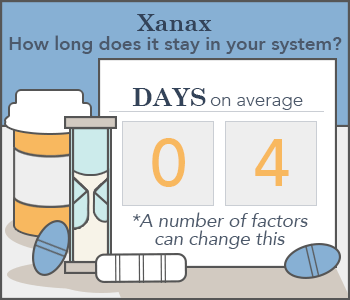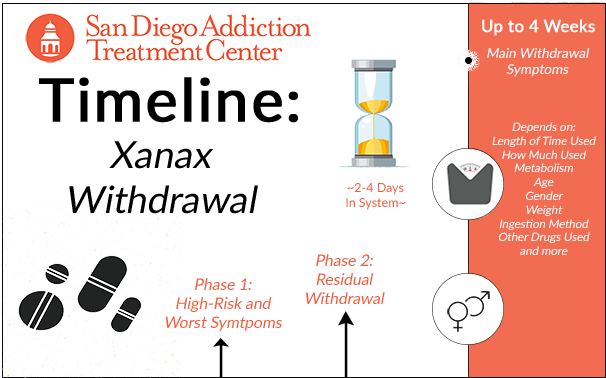Occasional Xanax Use For Sleep
I have panic attacks. I have been on.5 mg for about 7 years and a VA doctor just told me I won't get any more, that I was 'addicted'. I took 1mg mg to sleep every night and 0 to 1mg per day for anxiety and it was fine. Now I take Ambien to sleep, so don't need as much Xanax, but need some during the day for anxiety in order to live a full life. Updated treatment guidelines from the American Academy of Sleep Medicine published in 2018 don’t recommend trazodone for chronic insomnia because there's so little data to support its use. During that time, if anxiety is severe and debilitating, benzodiazepines may be prescribed for temporary use. Benzos are also prescribed for occasional situations of high anxiety, such as that.
With Benadryl, sleep aid is an off-label use of the allergy treatment product. Most people can take Benadryl as a sleep aid occasionally, but there are risks and side effects. If you are thinking about taking Benadryl to fall asleep or stay asleep, you should be aware of the risks.
In the US and Canada, the active ingredient in Benadryl products is diphenhydramine, an allergy treatment and first generation anti-histamine, well-known for its sedative effects.
Products marketed under the brand name in the United Kingdom contain either cetrizine or acrivastine, which are second-generation antihistamines and do not have sedative effects. They are strictly used for the relief of allergies, including skin allergies like hives.
All of the antihistamines will also help relieve the sting or itch of bug bites. There are topical ointments specifically designed for those purposes. It is important to note that the topical ointments contain additional ingredients that could be toxic if taken by mouth.
Diphenhydramine is also the active ingredient in many over-the-counter sleep aids, including Unisom gel caps, Nytol and the US version of Sominex. There is no actual Benadryl sleep aid. Nothing marketed strictly as a sleep aid bears the brand name.
To use Benadryl as a sleep aid is not what the company intended. The company could not be held responsible for any adverse effects resulting from the use of that brand as a sedative.
Other products that contain diphenhydramine include Tylenol PM, Midol PM and Advil PM. Pain relievers are ingredients in those products. They contain acetaminophen or ibuprofen, which are also accompanied by risks and adverse side effects. No drugs are completely safe.
If you take Benadryl as a sleep aid, the maximum recommended dose is 50-100mg. The USFDA mandates 50mg. South Africa, the UK, Australia and New Zealand permit a dosage of up to 100mg.
You should check the label of any product you decide to use and follow the manufacturer’s dosage directions. Overdose of diphenhydramine is uncommon.
Overdose of other over-the-counter drugs such as acetaminophen is very common. The drug results in more calls to US poison control centers than any other. An untreated acetaminophen overdose can lead to liver failure and death within days.

It would take a very large dose of a Benadryl sleep aid to damage the liver. But it can cause even more serious side effects at moderate doses, depending on a person’s age and general health. The common side effects of diphenhydramine include:


- Increased heart rate
- Flushing
- Blurred vision
- Irregular breathing
- Dizziness
- Confusion
- Loss or lack of motor coordination and balance
- Delirium
- Constipation
- Urinary retention
- Dry mouth and throat
- Irritability
- Cold hands or feet
/insomnia-56d65ed25f9b582ad501ba10.jpg)
In addition, there is a risk of allergic reaction, which can result in hives. In most cases diphenhydramine relieves allergy symptoms, but it has been known to cause itchy skin, runny nose and hyperactivity instead of sedation.
How you will respond to a Benadryl as a sleep aid is not something that can be determined ahead of time. That’s why we say the drug is safe for “most” people to use for difficulty sleeping, but only on an occasional basis.
If you took it for more than three days, you would develop a tolerance for the sedative effect. You would have to take more to achieve the desired result.
Finally, the drug causes residual sedation the following day, which could impair your ability to operate a motor vehicle. Use extra care and caution if you decide to take Benadryl as a sleep aid. The drug is not without risks. As always, consult your doctor before taking medications.
Related Articles: